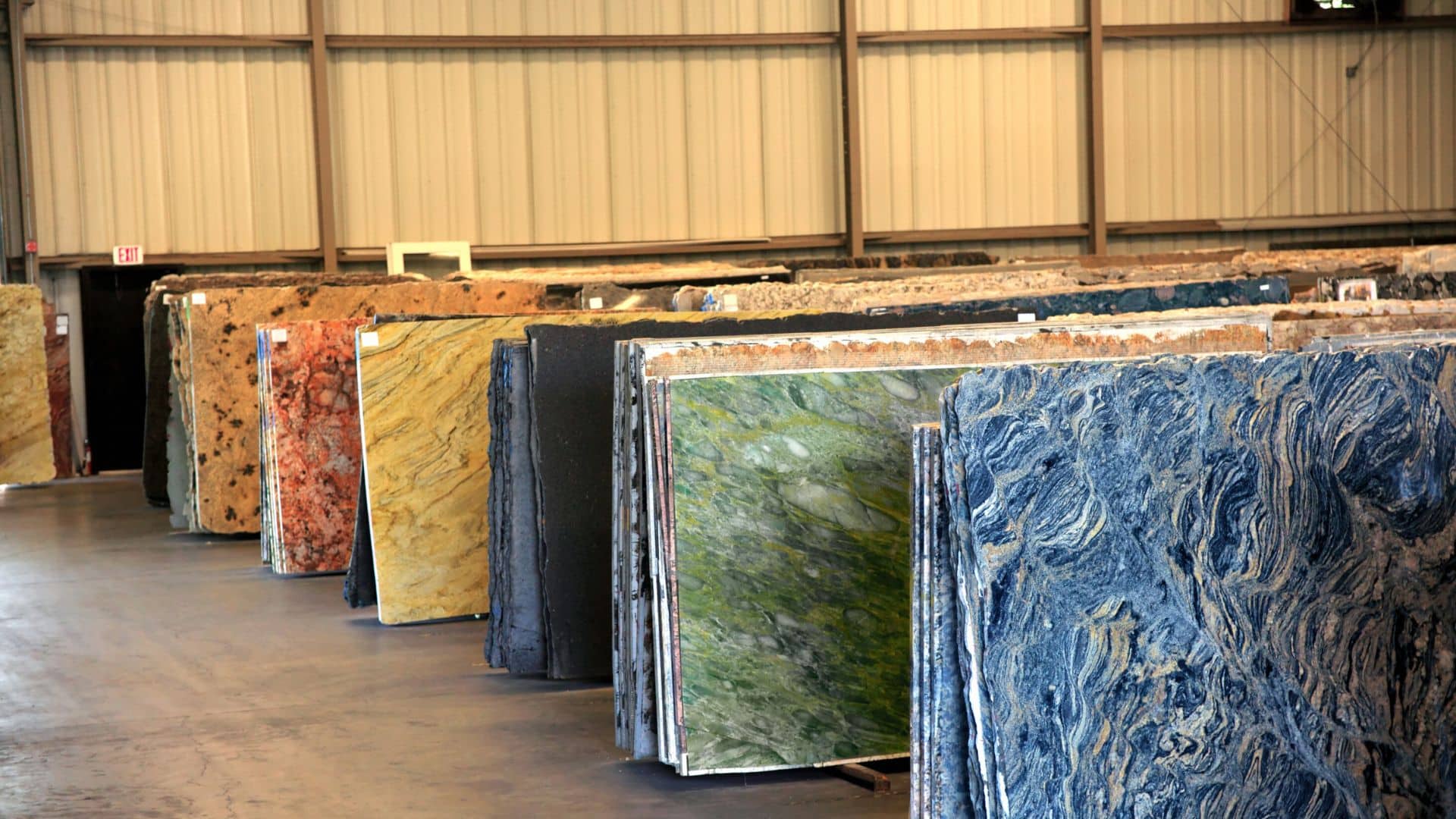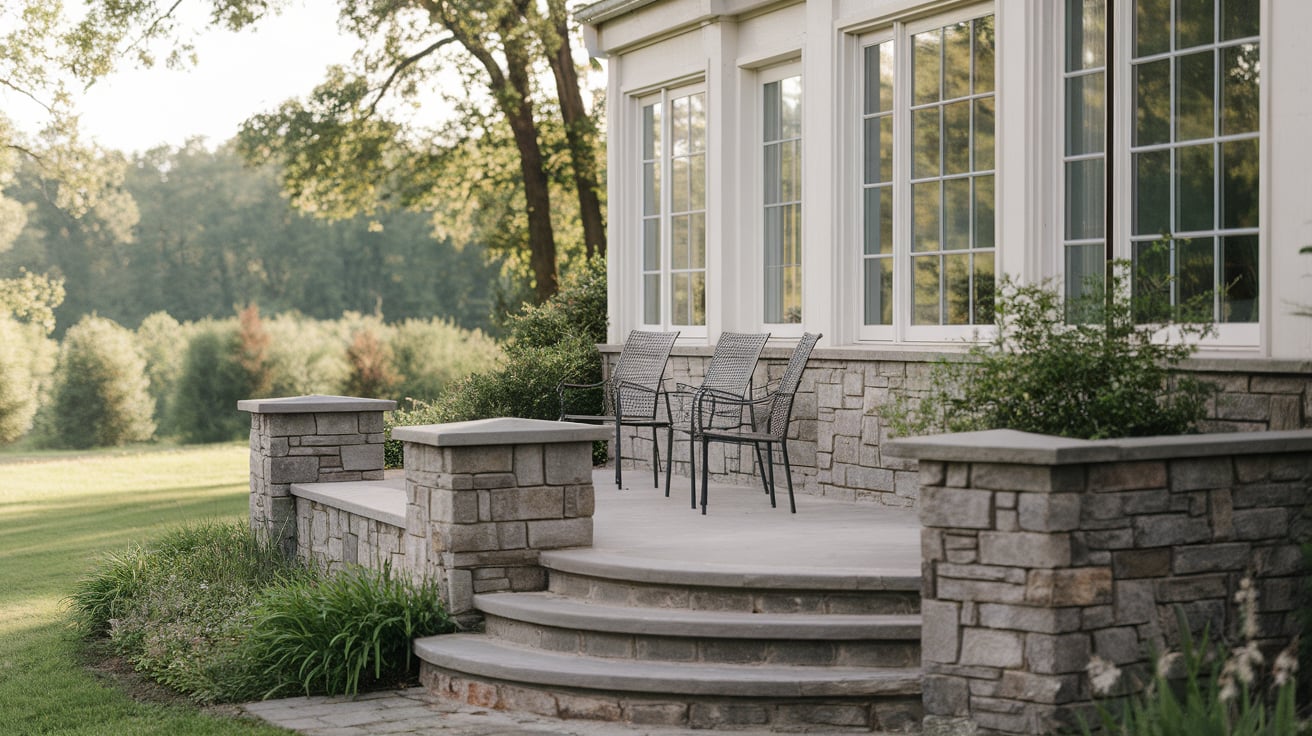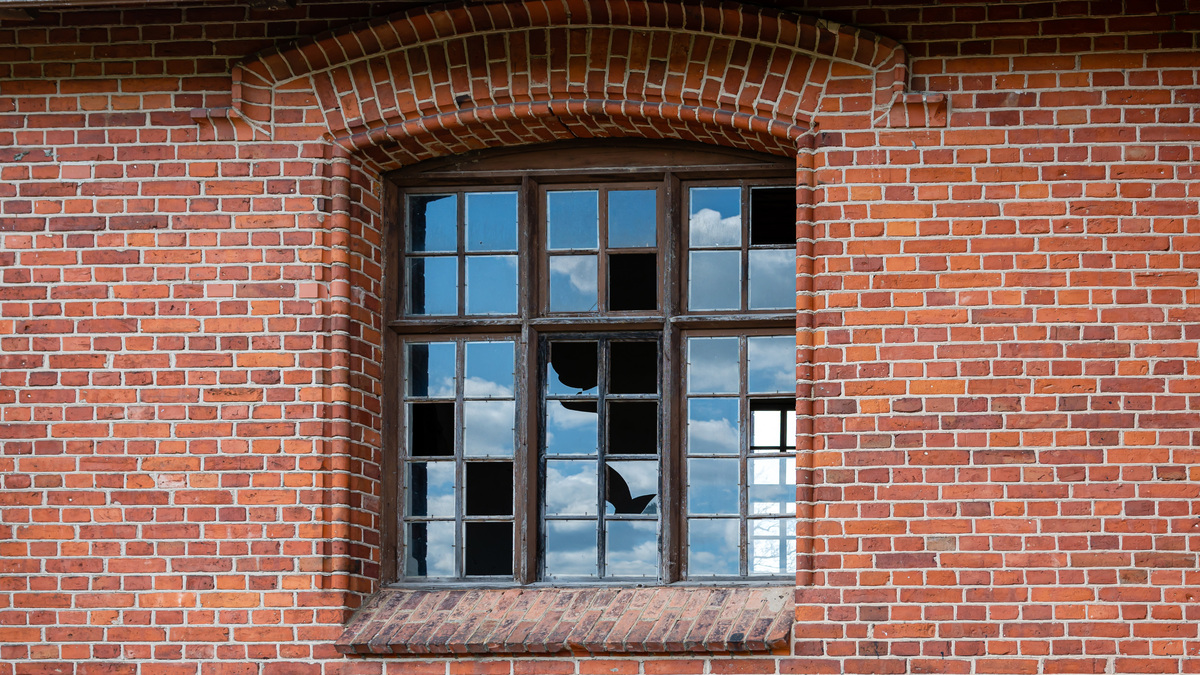The 3 Key Differences Between Granite And Quartz Countertops
When renovating your kitchen, selecting the right countertop material is not just a matter of style but also functionality. Among the many options available, granite and quartz are frequently favored for their durability and visual appeal.
To make the right choice, you should learn about their properties, maintenance requirements, cost implications, and environmental impacts, so you can make an informed decision tailored to your needs. In this article, we’ll go over the differences between granite and quartz so you can choose a countertop that not only looks spectacular but also complements your daily kitchen activities.
1 – Composition and appearance
Granite is a natural stone taken from the earth in large blocks, then cut and polished. Each granite slab looks different, with its own colors and patterns, giving your kitchen a unique touch.
Quartz countertops, however, are made from crushed quartz mixed with resin. This method allows for a variety of colors and patterns that look consistent across the board. Many people choose quartz because it can look like natural stone but comes in more color and texture choices.
Comparing the two, granite offers a more natural look with random patterns that can be either subtle or bold. Quartz provides a more uniform look, which is perfect if you want everything in your kitchen to match perfectly. This makes quartz a good choice for those who like a neat and orderly kitchen appearance.
2 – Durability and maintenance
Granite is very durable, making it a good choice for busy kitchens. It can handle heat well, so you can put hot pans on it without damage. However, granite can chip or crack if it’s hit hard, and it can stain because it absorbs liquids.
Quartz is also strong but has different benefits. It doesn’t stain easily because liquids can’t soak into it, making it simple to clean. While quartz resists scratches, it can chip like granite if it takes a hard hit. It’s also not as good with heat as granite, so you should use something to protect it from hot items.
For maintenance, granite needs more attention. You need to seal it now and then to keep out stains and bacteria, usually every one to a few years, depending on how much you use your countertops. Quartz doesn’t need this kind of maintenance because it doesn’t absorb anything, making it easier to care for in a busy kitchen.
3 – Installation
Installing granite and quartz countertops involves a precise and careful process, starting from fabrication to the final placement in your kitchen.
Installation poses its own set of challenges. Both granite and quartz are extremely heavy, requiring a team of professionals to safely transport and install the countertops without damaging them or the surrounding area. Ensuring that the base cabinets are level and strong enough to support the weight of the stone is crucial. Otherwise, the countertops could crack over time. Quartz, with its more consistent pattern, often allows for easier seam matching, which results in a smoother overall appearance.







